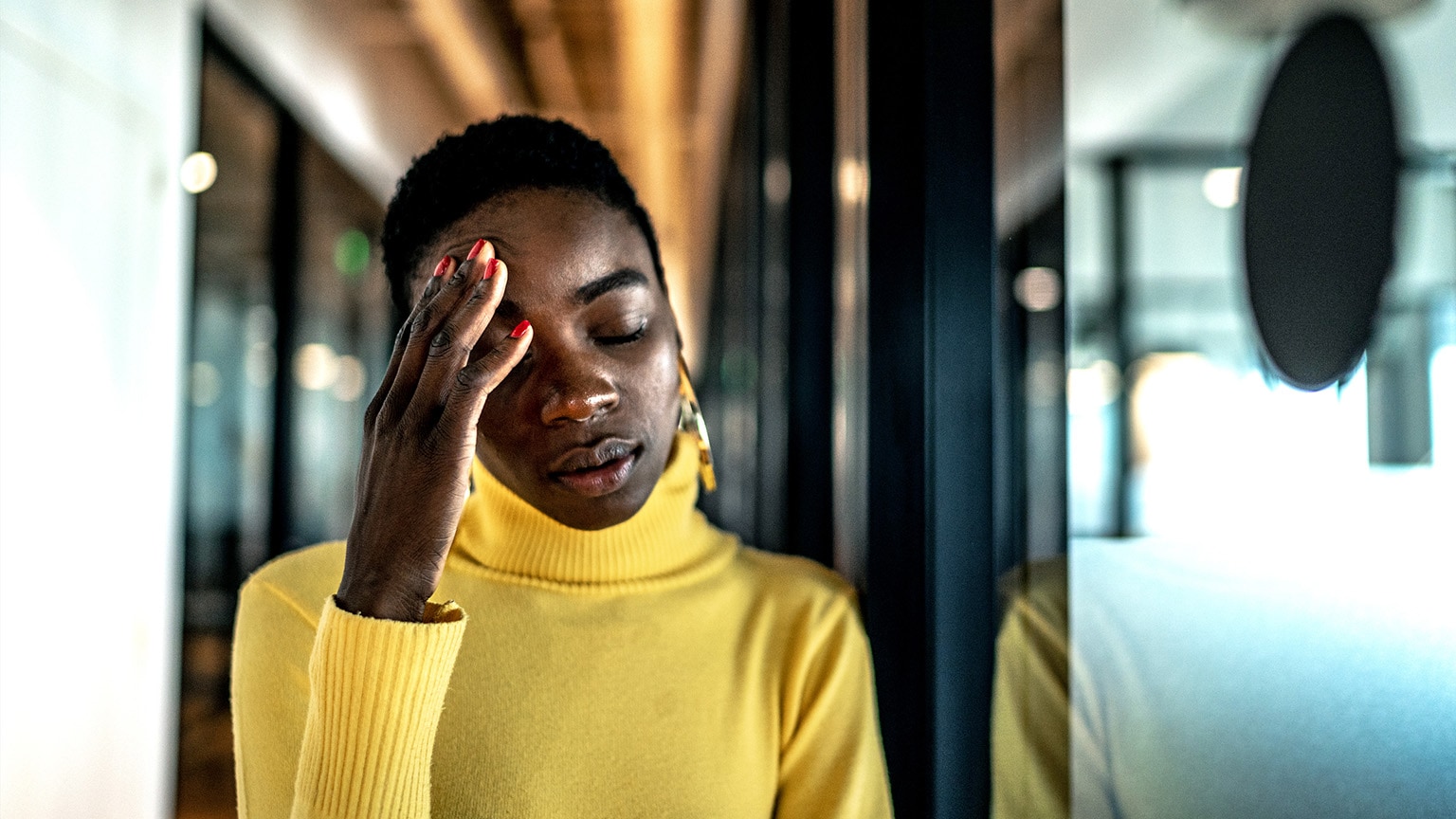The world is ending. At least, for a lot of people in Gen-Z, it feels like it. A smattering of issues both at home and abroad have left people born from 1997-2012 feeling like humanity itself is doomed. Mass shootings, government ignorance of massacres at home, assistance in massacres abroad, and the worsening climate are some of the things that consume the minds of people our age. To add to that, COVID-19 — which has killed 2000 people every week since the beginning of 2024 in the United States alone and never officially ended — has plunged us into a mental health and loneliness crisis that has never been seen by any other age group. It also feels like we can’t do anything or speak about these issues because no one wants to listen to us. As Taiyara Nudrat ’26 wrote so well in her piece about upcoming global elections, “There is no point in saying anything if your words fall on the ears of those who seek to silence you.”
For young people — at least in the United States — school shootings and mass shootings feel like an everyday, inevitable occurrence. In fact, gun-related deaths were the leading cause of death for people aged 1-18 in 2020, according to the CDC. We see fewer and fewer news stories covering shootings because they aren’t news anymore; they are as regular as the sun rising and setting.
When I was in fourth grade, I remember watching the Sandy Hook shooting coverage on the news. Kids younger than me and their teachers were killed by gun violence in my home state. Since then, many federal lawmakers have made it clear: the right to own a firearm is worth more than any child’s right to live, or any life for that matter. The other lawmakers are too cowardly to do anything about the issue, so it falls by the wayside until another group of people, usually kids, get killed by firearms. Then, while offering their thoughts and prayers, they have no plan to actually stop a very preventable tragedy from happening in the future. How are we supposed to go about our lives in fear?
Another reason many young people feel so hopeless is that those who represent us do not truly represent us. They do not represent our values or beliefs and refuse to listen even when we refuse to vote for them. How are we supposed to choose between two of the oldest presidential candidates ever — beating their own record that they set four years ago — neither of whom actually cares about the people who live in their country, let alone those living in other countries? Former President Trump has made it clear that he does not care about anyone but himself and the companies which he benefits from and those who benefit from him. Biden is even worse because of his condescending a placative nature. He pretends to care about reproductive rights, climate change, and the welfare of the country. Yet, he has done absolutely nothing about any of those issues, even when he had the greatest opportunity to. Young democratic voters feel abandoned and betrayed by Biden for issues so many of us are passionate about.
According to a study done by Vice, 56 percent of people aged 16 to 25 feel as though humanity is doomed in regard to the ongoing and worsening climate crisis. Sixty percent of respondents say that their own governments are betraying them and future generations by not acting. Forty-five percent say climate anxiety affects their everyday lives and ability to function normally.
Warmer winter days and more extreme weather events year-round have done nothing to calm our worries. The earth is shattering records for hottest days that have only been set within the last ten years. We have surpassed the 1.5-degree Celsius benchmark for limiting the effects of climate change and are bounding towards the 2-degree mark with no end in sight. Climate-related anxiety and health issues are becoming more prevalent, which only adds to the longstanding mental and physical effects of the ongoing COVID-19 pandemic.
Since the so-called “end” of the COVID-19 pandemic, the mental health crisis among Gen-Z has only worsened. Disruption of social routines, closure of schools, and long periods of isolation have wrecked young people’s mental health, so much so that Gen Z is almost twice as likely to have feelings of depression and hopelessness than those over the age of 25, according to the Walton Family Foundation. The physical toll that COVID-19 has already taken and its long-term effects on young people is a taboo topic, as it was and still is widely agreed upon that younger people shouldn’t be as worried about getting infected because they are young and supposedly healthy. That mindset will surely lead to more infections and chronic illness further down the road and ambivalence as to why that chronic illness is so widespread.
With everything that was just mentioned, it may seem there is nothing to do but be hopeless and pessimistic. It may seem easy to give up on fighting for what you believe in and accept what the future holds, but what will that say to generations to come? That we just threw in the towel and gave up when things got too hard? As a generation, we have an opportunity to make long-term change, and many already have. There can be a bright future for all of us, and we can make it happen.



